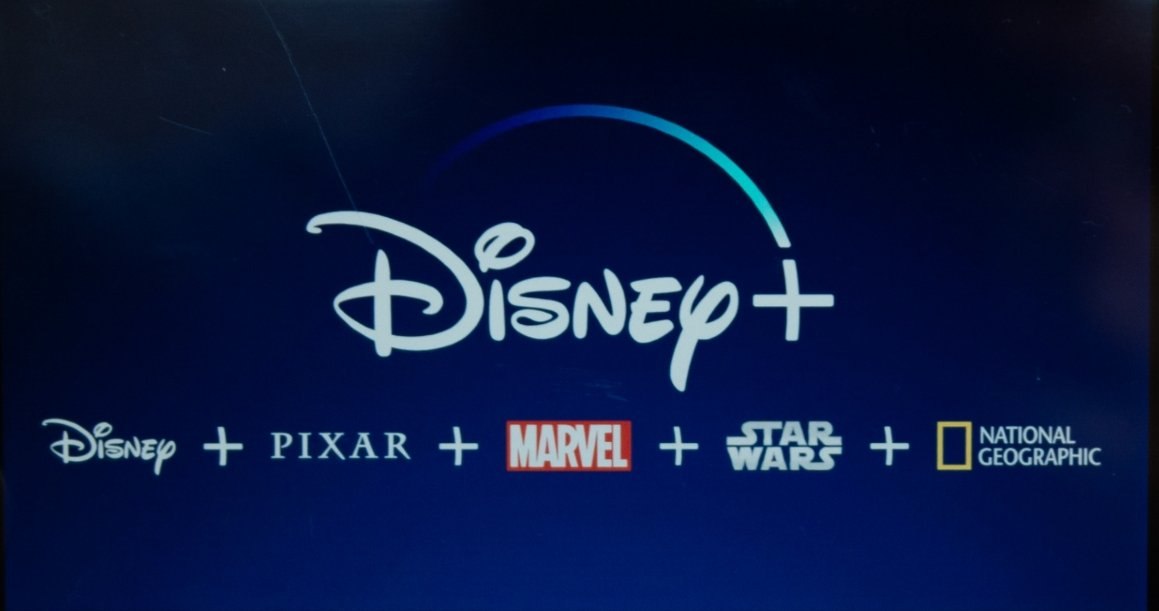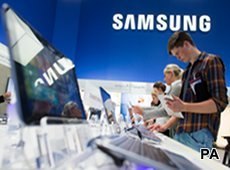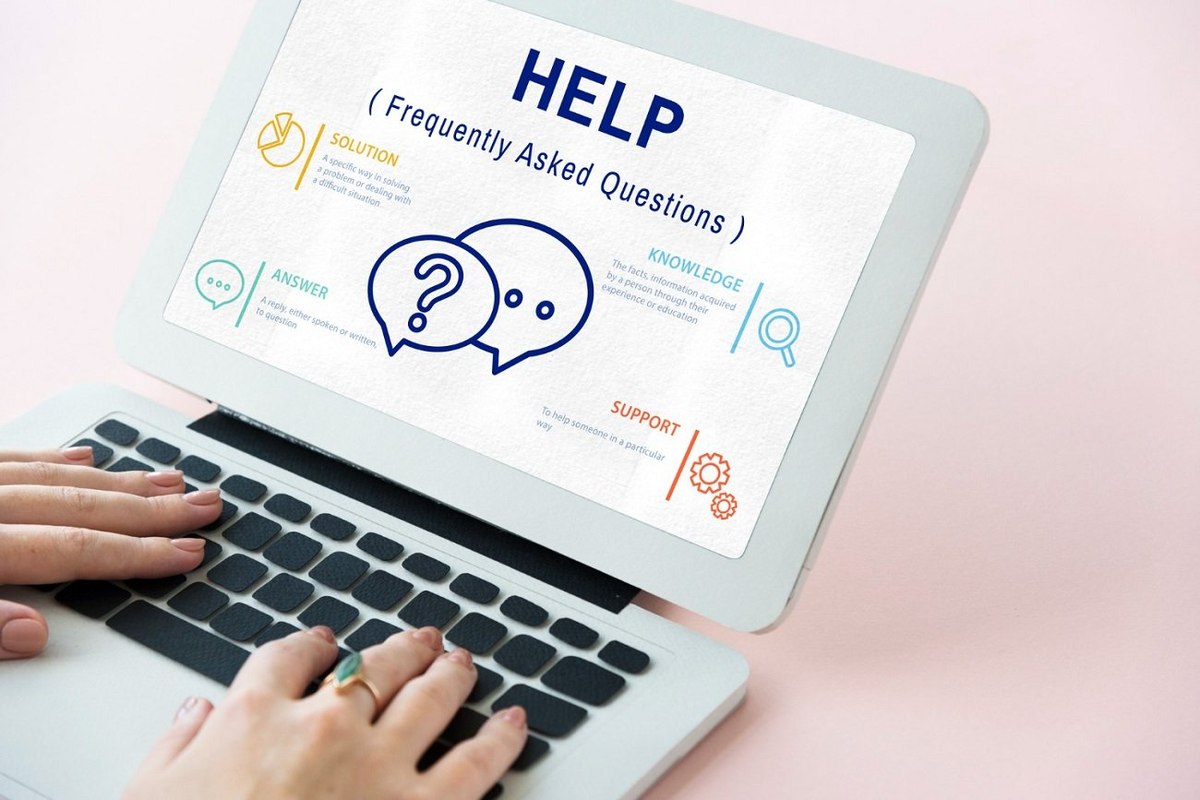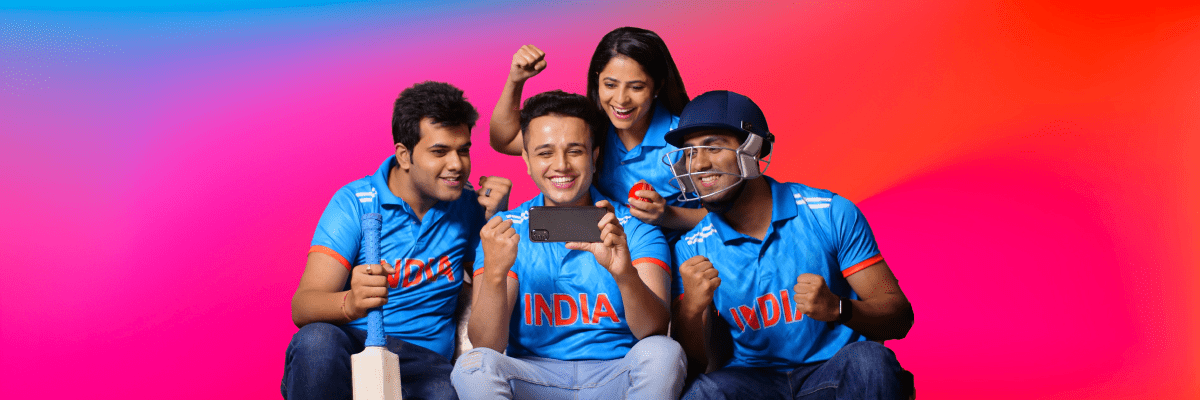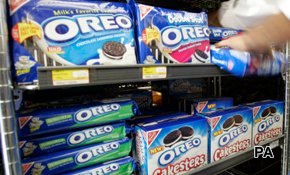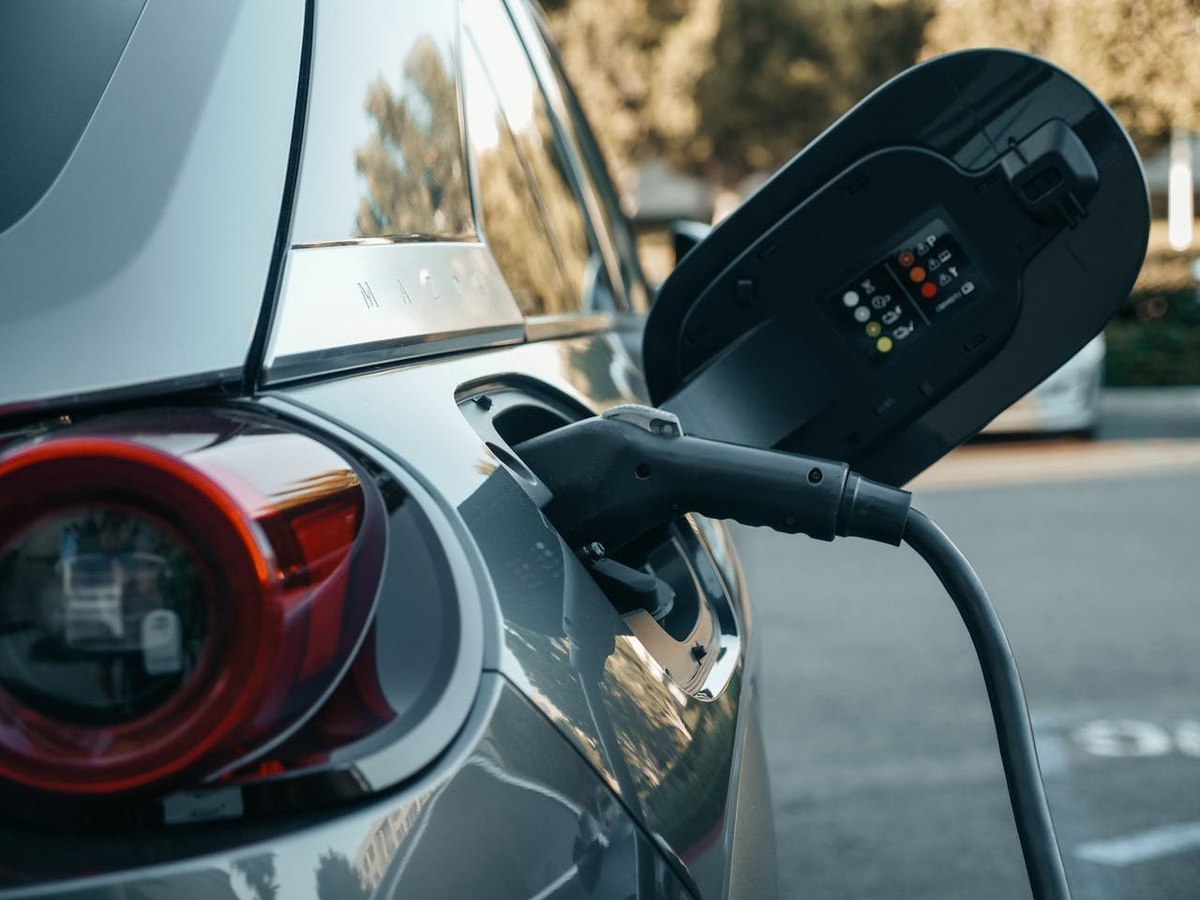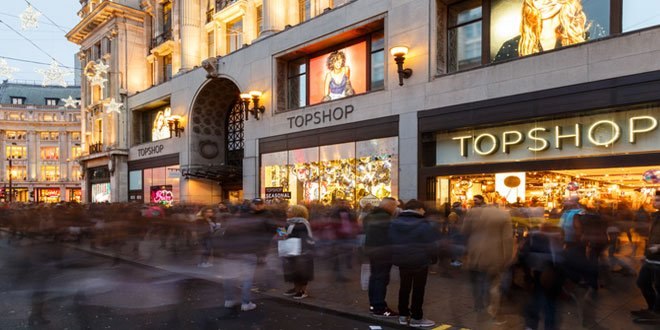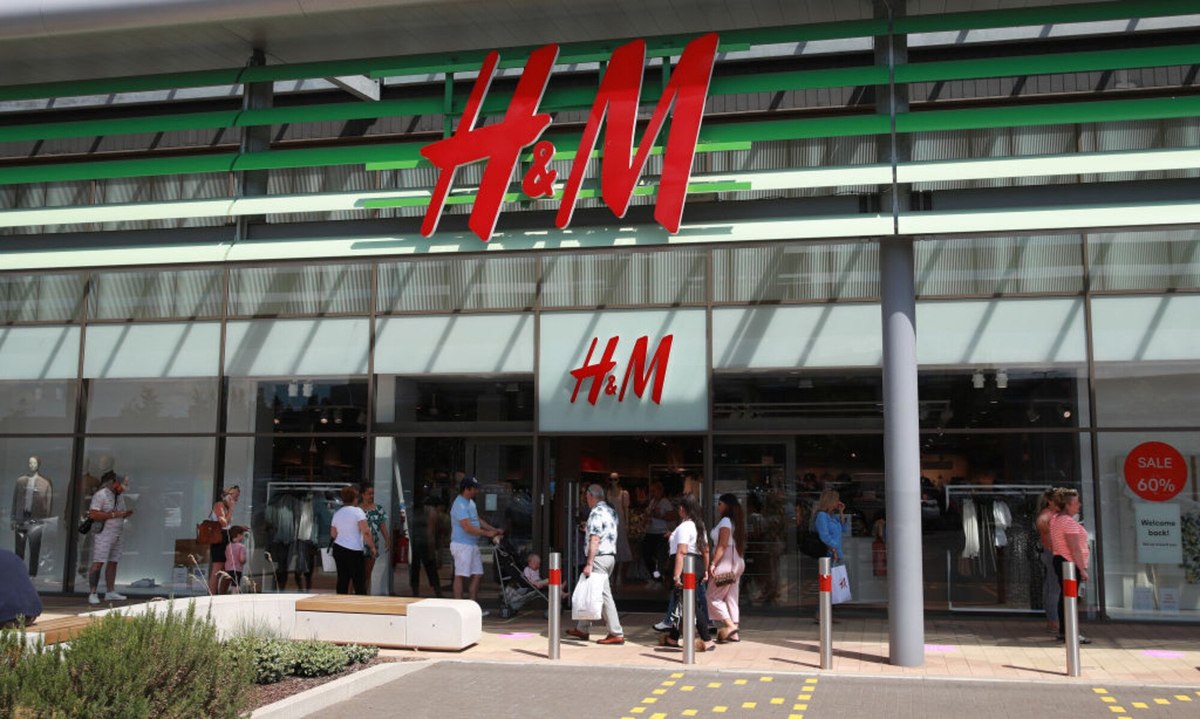
H&M enters a new chapter: What challenges and opportunities does its new CEO stand to inherit?
Multinational clothing company H&M finds itself at a pivotal juncture as Helena Helmersson decided to leave the company after four years in the top job and Daniel Ervér steps into the role of CEO.
The fashion brand’s change in leadership comes at a time when sales are down 4% for December and January year-over-year.
H&M also faces intensifying competition from Shein and Zara, both of which saw sales growth in the same period. Just during last year’s holiday shopping season, YouGov’s brand tracking data reveals Shein as the clear leader among the trio for Purchase Intent and Zara, which trailed H&M at the start of the season, managed to close the gap by the season’s end.
So, what kind of company is H&M’s new CEO taking over? We used YouGov BrandIndex to track H&M through the years and found a mixed bag of performance indicators.
H&M’s Index score, which represents overall brand health and considers six measures of brand health, sits at an average score of 10.1 from 2019 to 2024. By comparison, the overall clothing sector has an Index score of 8.7 during the same period.
Among the array of metrics used to gauge overall brand health, H&M’s Impression score stands out as a notable strength. Impression, which measures whether consumers have a positive or negative impression of the brand, is by far the strongest driver of H&M’s overall brand health.
Measures of Recommend, Value and Satisfaction align with H&M’s Index score and do little to boost or detract from the clothing company’s overall brand health.
Where H&M’s new CEO must grapple with potential concerns are in the areas of Quality and Reputation, both of which sit below its overall Index score. For many shoppers, perceptions of quality are crucial in the fashion industry, as these consumers increasingly prioritize durability, craftsmanship and ethical sourcing.
Addressing these concerns may necessitate an even stronger focus on sustainability initiatives, supply chain transparency and product innovation. Our research shows that it’s what H&M customers want as well.
Data from YouGov Profiles reveals that H&M’s current customers are significantly more likely to say that what motivates them to shop with a brand includes the brand balancing consumer need and sustainability practices (32% vs. 16% of all US adults) and that the brand has fair and ethical standards in its business practices (30% vs. 19%). What’s more, nearly a third of all H&M customers expect brands they buy from to be innovative (31% vs. 16%) and routinely donate products, services or money to charities/organizations (28% vs. 16%).



